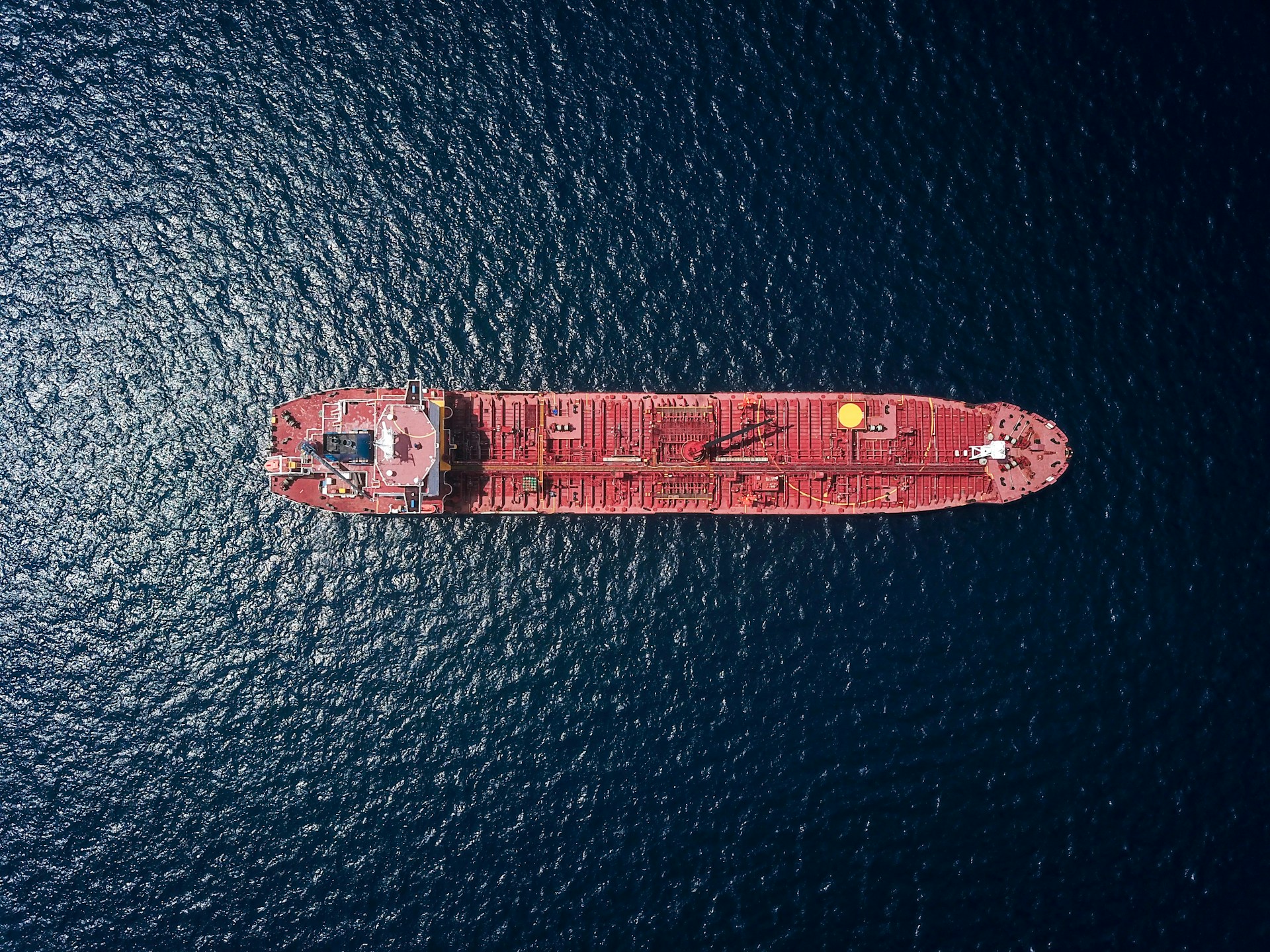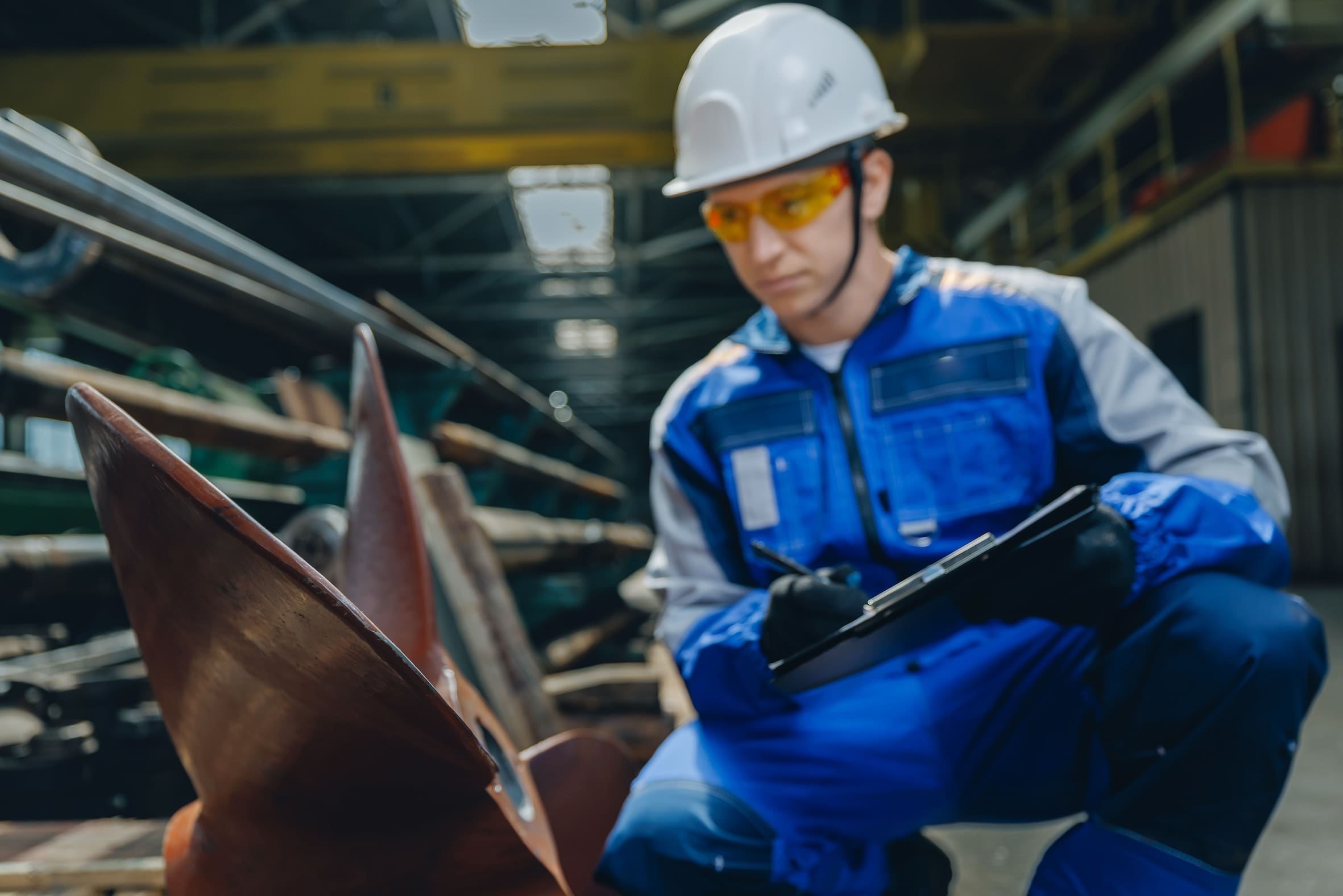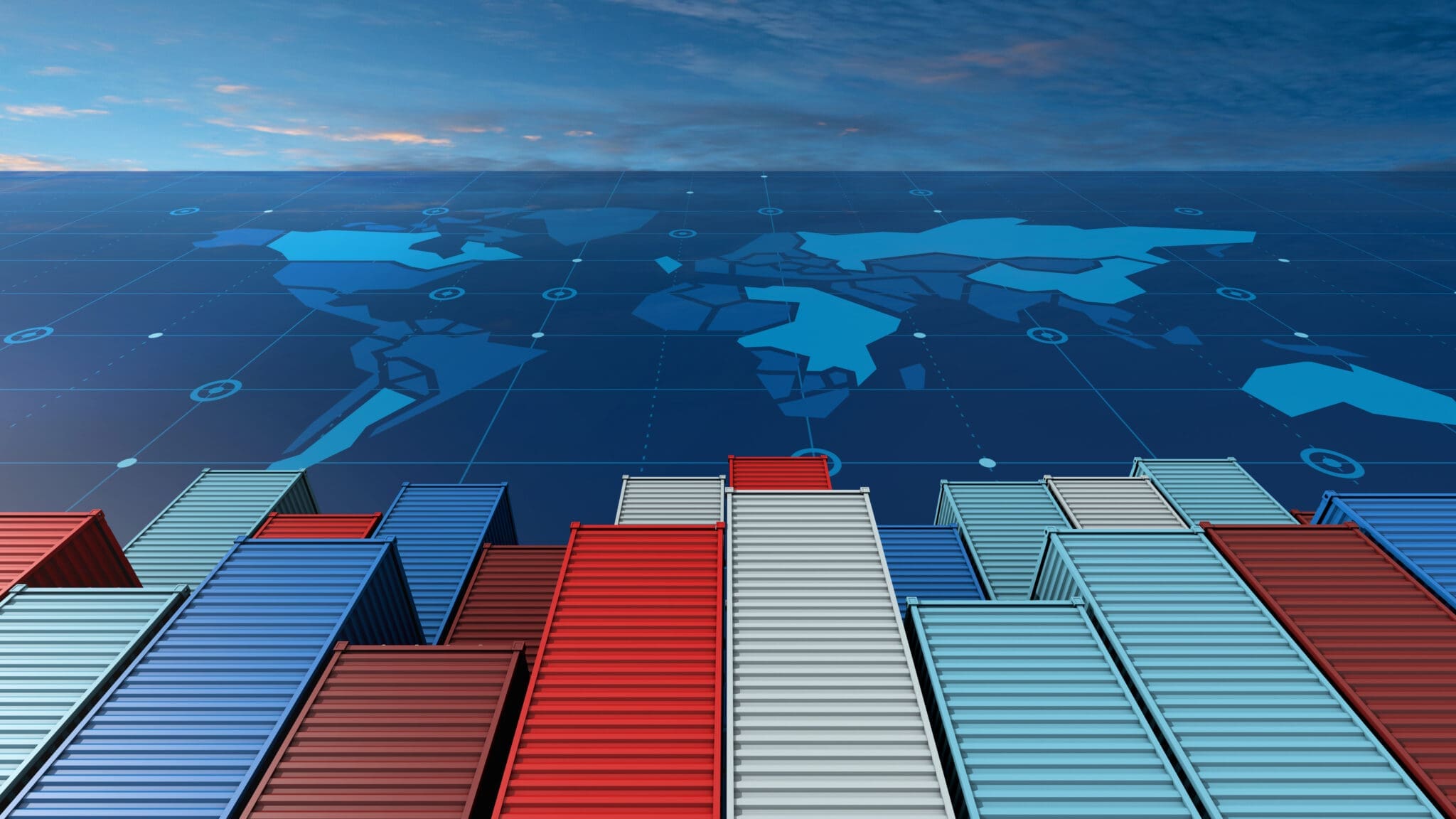The shipping industry sits at the intersection of global trade, complex regulation, and growing sustainability pressures. As the world transitions toward a low-carbon economy, maritime companies are not only navigating compliance requirements, they’re also working to make their supply chains safer, more transparent, and more responsible.
The Achilles Maritime Network is helping them do just that. By bringing together leading owners and operators, the network standardises supplier qualification and delivers sustainable supply chain risk management tailored to the demands of the sector.
Recent insights from the network paint a clear picture of progress, and persistent challenges.
Global Reach, Growing Visibility
Achilles Maritime suppliers now span 51 countries, demonstrating the truly global nature of today’s shipping supply chains. With this breadth comes both opportunity and complexity – especially when it comes to understanding risk profiles and compliance maturity at scale.
Sustainability: Ahead of the Global Curve
Suppliers in the Maritime Network report an average sustainability score of 63.04 which is a little above the global average of 58.19. This suggests that participating suppliers are making tangible strides in areas such as environmental performance, social responsibility, and governance practices. The network’s standardised qualification process appears to be encouraging positive action and continuous improvement.
Risk Exposure: What the Data Shows
Despite progress, risks remain. Achilles’ risk intelligence has surfaced:
- 35 total watch list concerns
- 3 major non-conformances identified during audits
These findings demonstrate the importance of ongoing due diligence, not just at onboarding, but throughout the supplier lifecycle. It’s a reminder that effective supply chain risk management must go beyond documentation and dive deep into supplier behaviour and business practices.
Safety Performance: Signs of Real Progress
Perhaps most encouraging is the trend in health and safety. Across key indicators, including fatalities, injuries, near misses, and lost time incidents, performance is improving across the network. While there is always more to do, this momentum suggests that Maritime Network participants are taking safety seriously and embedding best practices across operations.
Driving Impact with Collective Action
The Achilles Maritime Network is proving to be a catalyst for change. By giving buyers and suppliers a shared framework for qualification, data sharing, and improvement, the network supports a just transition to Net Zero, while helping members manage cost and risk more efficiently.
As regulation tightens and stakeholder expectations rise, networks like this will be vital in shaping the future of responsible, resilient shipping.


